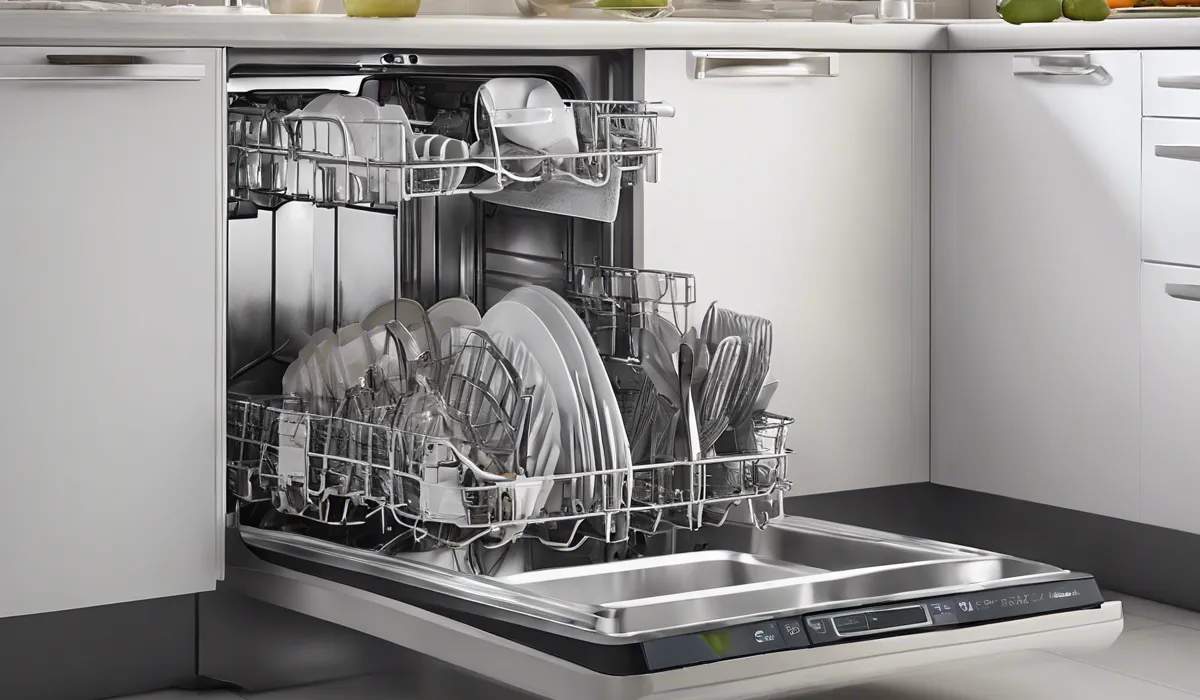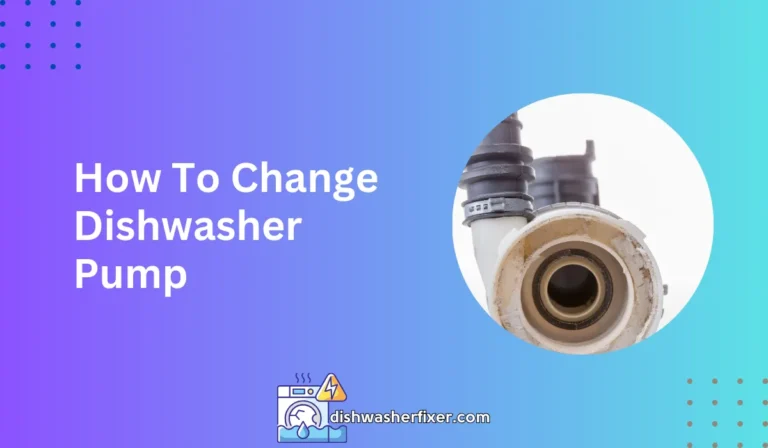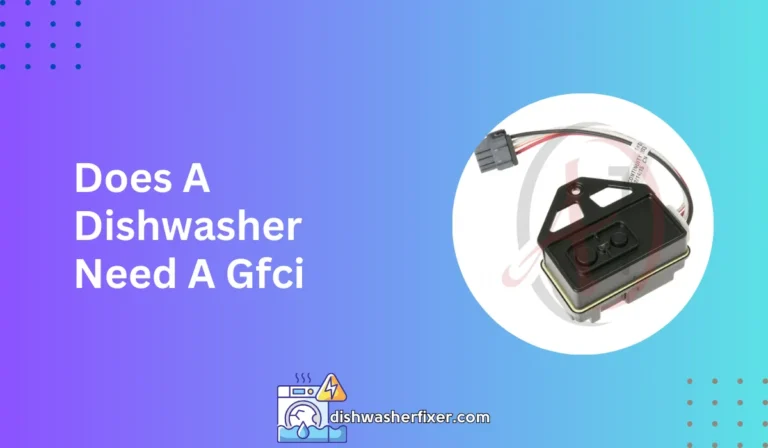Can a Dishwasher Have Its Own Drain? Pros & Installation Tips
Yes, a dishwasher can have its own dedicated drain. This setup allows for direct wastewater disposal without connecting to the garbage disposal or sink drain, potentially reducing clogs and improving efficiency.
Dishwasher Drainage Basics

How Dishwashers Drain
Dishwashers are designed to make our kitchen duties easier, and a big part of their efficiency lies in how they drain water. After a cycle, the dishwasher pumps out the used water that contains food particles and detergent.
This water typically exits the dishwasher through a drain hose and is routed either to a garbage disposal unit or directly into the sink drain.
Significance of Proper Drainage
Proper drainage is crucial for maintaining your dishwasher’s performance and extending its lifespan.
If drainage is impeded, water can back up into the dishwasher, potentially causing damage to the appliance and creating an environment for mold and odors.
Efficient drainage ensures that dirty water is quickly and effectively removed after each wash cycle.
Common Drainage Configurations
Most households have their dishwasher drain connected to a garbage disposal or directly to the sink drain. This setup uses the existing plumbing to dispose of wastewater, making installation simpler.
However, it can also lead to clogs if food particles from the disposal mix with dishwasher waste or if the sink drain is not clear.
Installing a Dedicated Dishwasher Drain

Benefits of a Separate Drain
Installing a dedicated dishwasher drain can offer several advantages. It separates the dishwasher’s wastewater from the sink or disposal system, reducing the risk of clogs and potential malfunctions.
This setup can also improve the efficiency of your kitchen plumbing and may result in faster drainage times for your dishwasher.
Guide to Installing a Dishwasher Drain Line
Installing a dedicated dishwasher drain line requires careful planning and execution. You need to connect a new drain hose from the dishwasher to a drain pipe or a standpipe.
It’s important to ensure that the hose is elevated at a point near the dishwasher to prevent backflow.
Secure all connections tightly to prevent leaks and make sure the new line has a proper air gap to prevent siphoning of dirty water back into the dishwasher.
Compliance with Building Codes
When installing a new drain line, it’s essential to be aware of local building codes and best practices. Codes may specify how to properly connect and vent a new drain line.
They might also dictate the use of certain materials and methods. Always consult with a professional or your local building authority before beginning any plumbing work.
Troubleshooting and Maintenance for Dishwasher Drains

Identifying Common Drain Issues
Common issues with dishwasher drains include clogs from food debris, blockages from built-up grease, and improper drainage due to a kinked hose or an obstructed air gap.
You might notice warning signs like water not draining after a cycle, an unpleasant odor, or unusual noises during draining. Identifying these issues early can prevent bigger problems down the line.
Maintaining a Clean Drain
Regular maintenance is key to keeping your dishwasher drain clean and functional. Run the dishwasher regularly to prevent buildup, and occasionally use a dishwasher-safe cleaner to help dissolve grease and remove odors.
Checking the drain filter for debris and cleaning it as needed can also help prevent clogs.
Professional Assistance for Drain Issues
If you encounter persistent issues with your dishwasher’s drain, or if DIY fixes don’t resolve the problem, it’s time to call a professional.
A skilled plumber can diagnose and address complex problems like deep clogs or installation errors. Relying on professional help ensures your dishwasher’s drainage system is repaired correctly and efficiently.
FAQs About Dishwasher Drain Installation
Can a dishwasher have its own dedicated drain?
Yes, a dishwasher can have its own dedicated drain, which allows it to dispose of wastewater directly.
Is it better for a dishwasher to have its own drain?
Having its own drain can potentially reduce clogs and increase the efficiency of wastewater disposal.
Does a dedicated dishwasher drain require a special setup?
A dedicated dishwasher drain does require a separate plumbing setup compared to traditional configurations that connect to a sink drain or garbage disposal.
Can installing a dedicated drain extend the life of a dishwasher?
While it may not directly extend the life of the dishwasher, a dedicated drain can help prevent plumbing issues that could indirectly affect the dishwasher’s performance.
Do all dishwashers come with the option for a dedicated drain?
Most dishwashers can be configured to have a dedicated drain, but it’s important to consult the installation manual or a professional for specific models.
Final Thoughts
A dishwasher can certainly be equipped with a dedicated drain, offering a streamlined and efficient waste disposal route.
This arrangement minimizes the chance of clogs by avoiding the connection to the garbage disposal or sink drain, which can be beneficial for maintaining a smooth kitchen plumbing system.





